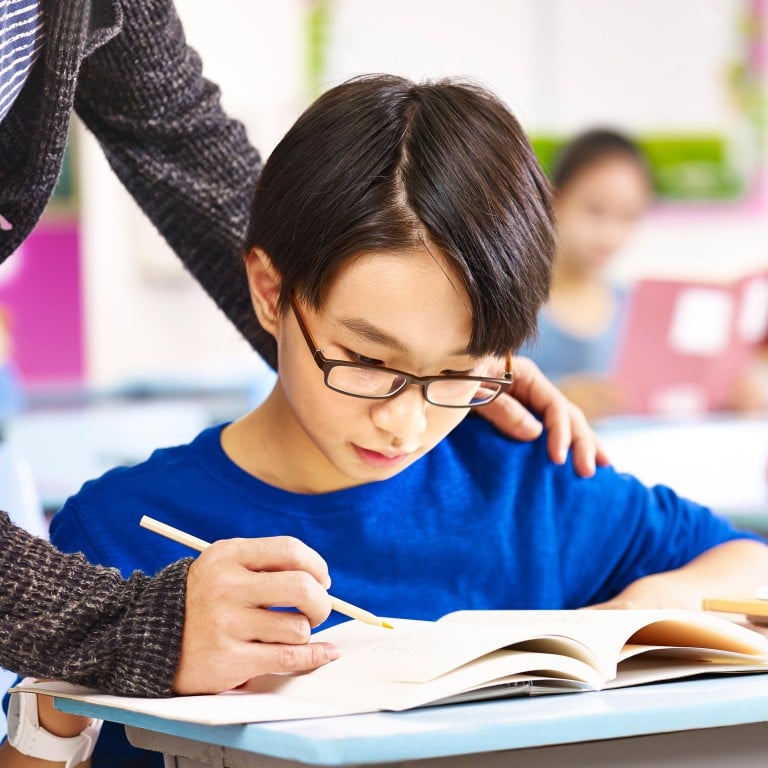
Give gifted children a break, parents of Hong Kong’s young high-flyers told by new survey
- Study by city’s Academy for Gifted Education says pressure can have negative impact on even the smartest students
Parents of gifted and high-achieving children should not pressure them too intensely, a new Hong Kong study suggests.
The survey, by the Hong Kong Academy for Gifted Education, also said gifted youngsters are more likely to get agitated or suffer emotional problems when faced with high expectations.
There was also a higher chance of them demanding perfection of themselves, and to find schoolwork boring when facing high expectations, the study said.

The academy is a government-subsidised organisation that supports the city’s gifted students aged 10 to 18, and has about 10,000 members,said Wong Chung-po, head of the academic programme development division.
Some 801 gifted Primary Four to Six pupils were polled in early 2017 for the study, which found that even high-achieving pupils could suffer under parents’ demands.
The chance of experiencing intense reactions, such as agitation, was 66 per cent in students who faced high parental expectations, compared to just 30 per cent of those without such pressure, said Dr Eric Fung Tze-ho, head of the academy’s research division.
Five myths of giftedness in children
“Parents should find a healthy balance and talk with children about their goals, and learn to set realistic and achievable goals,” Fung said.
He said the results of the study were similar to those recorded by a Chinese University survey of 872 secondary school pupils, which found a direct correlation between high parental expectations and depression in students.
Lawrence Yu Ho-wing, 27, who is now pursuing a PhD in psychology at the University of Oxford, remembered not liking it when his parents told him to “add oil” before exams when he was in secondary school.
The phrase, which originated from a Cantonese expression and was recently added to the Oxford English Dictionary, means stepping on an accelerator to propel a vehicle forward, and is used to express encouragement, incitement or support.
Lonely and isolated: why Hong Kong’s gifted students need a helping hand
“Back then I felt that as a gifted child I had put in a lot of effort, and saying ‘add oil’ seemed to imply I was not working hard enough,” Yu said.
Instead, he said he would have preferred having people listen to him, or give him a hug.
A mother from the mainland remembers her 15-year-old daughter being angry in primary school after being told to revise more before her exams, instead of playing with her phone or reading novels.
“She was always second in her grade, very seldom first, I thought if she could revise just a bit, she could do better,” the mother, who wished to be just known as Alice, said.
“I am not cultured, and could not provide tuition for my children, but I wanted them to be smarter and have a good future.”
However Alice said the situation had improved after she learned to listen to her daughter more.
According to the Education Bureau, children are considered generally gifted if they have exceptional achievement or potential in one or more areas, such as a high level of measured intelligence, creative thinking, superior talent in visual and performing arts,and outstanding performance in athletics.

